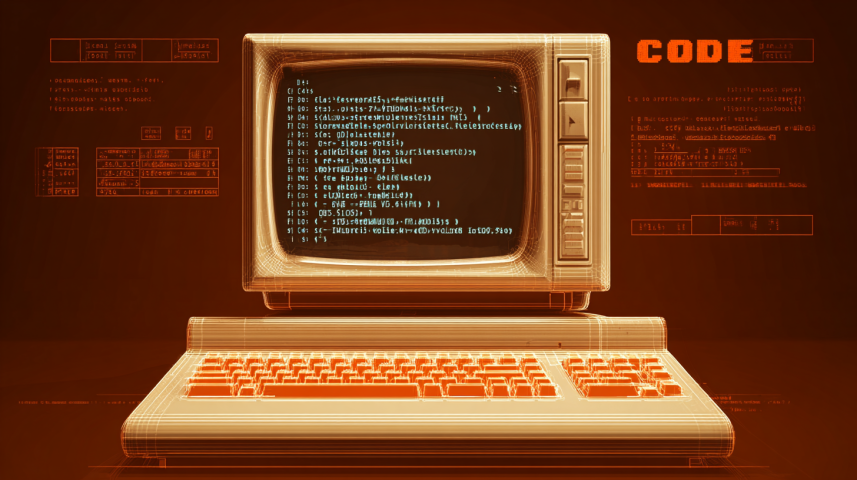Anthropic recently unveiled automated security review capabilities for its Claude Code platform, which utilizes artificial intelligence to scan code for vulnerabilities and suggest fixes. With the rapid acceleration of software development in the industry, the introduction of these tools is timely.
As companies increasingly rely on AI to expedite the code-writing process, questions arise regarding the ability of security practices to keep up with the pace of development. Anthropic’s solution seamlessly integrates security analysis into developers’ workflows through a simple terminal command and automated GitHub reviews.
Logan Graham, a member of Anthropic’s frontier red team, highlighted the importance of leveraging models to enhance code security amidst the exponential growth expected in code production in the near future. The release of these automated security features coincided with the launch of Claude Opus 4.1, showcasing substantial improvements in coding tasks.
The tools provided by Anthropic address a pressing issue within the software industry: as AI models become proficient at generating code, traditional security review processes struggle to scale accordingly. Human engineers currently conduct manual code examinations for vulnerabilities, a method that is inadequate for the volume of code produced by AI.
Anthropic’s approach involves using AI to combat the security challenges posed by AI-generated code. The company has developed two key tools that leverage Claude’s capabilities to automatically detect common vulnerabilities such as SQL injection risks, cross-site scripting vulnerabilities, authentication flaws, and insecure data handling.
The first tool is a simple command that developers can execute from their terminal to scan code before committing it. By running this command, developers can initiate a security review process that provides vulnerability assessments and suggested fixes. The second component is a GitHub Action that triggers security reviews when developers submit pull requests, ensuring that every code change undergoes a baseline security review before deployment.
Internally, Anthropic has tested these tools on their own codebase, including Claude Code, validating their effectiveness in identifying and addressing vulnerabilities. By catching issues before they reach production, these tools offer real-world validation of their capabilities.
In addition to benefiting large enterprises, these tools have the potential to democratize advanced security practices for smaller development teams lacking dedicated security resources. The ease of access and integration of the security review feature into existing workflows make it a valuable asset for teams of all sizes.
The security review system operates by invoking Claude through an “agentic loop” that systematically analyzes code. Enterprise customers have the flexibility to customize security rules to align with their specific policies, utilizing Claude Code’s extensible architecture to create or modify scanning commands as needed.
As the AI industry experiences significant growth and competition intensifies, Anthropic’s focus on AI safety and responsible deployment is evident. The company’s dedication to cybersecurity and the development of AI-powered defenses reflects a proactive approach to mitigating potential risks associated with advanced AI capabilities.
The availability of these security features to Claude Code users marks a significant step towards enhancing code security in an era of rapid AI-driven development. As the industry grapples with the challenge of scaling AI-powered defenses to match the exponential growth in AI-generated vulnerabilities, Anthropic’s initiative serves as a proactive measure to address this critical issue.

